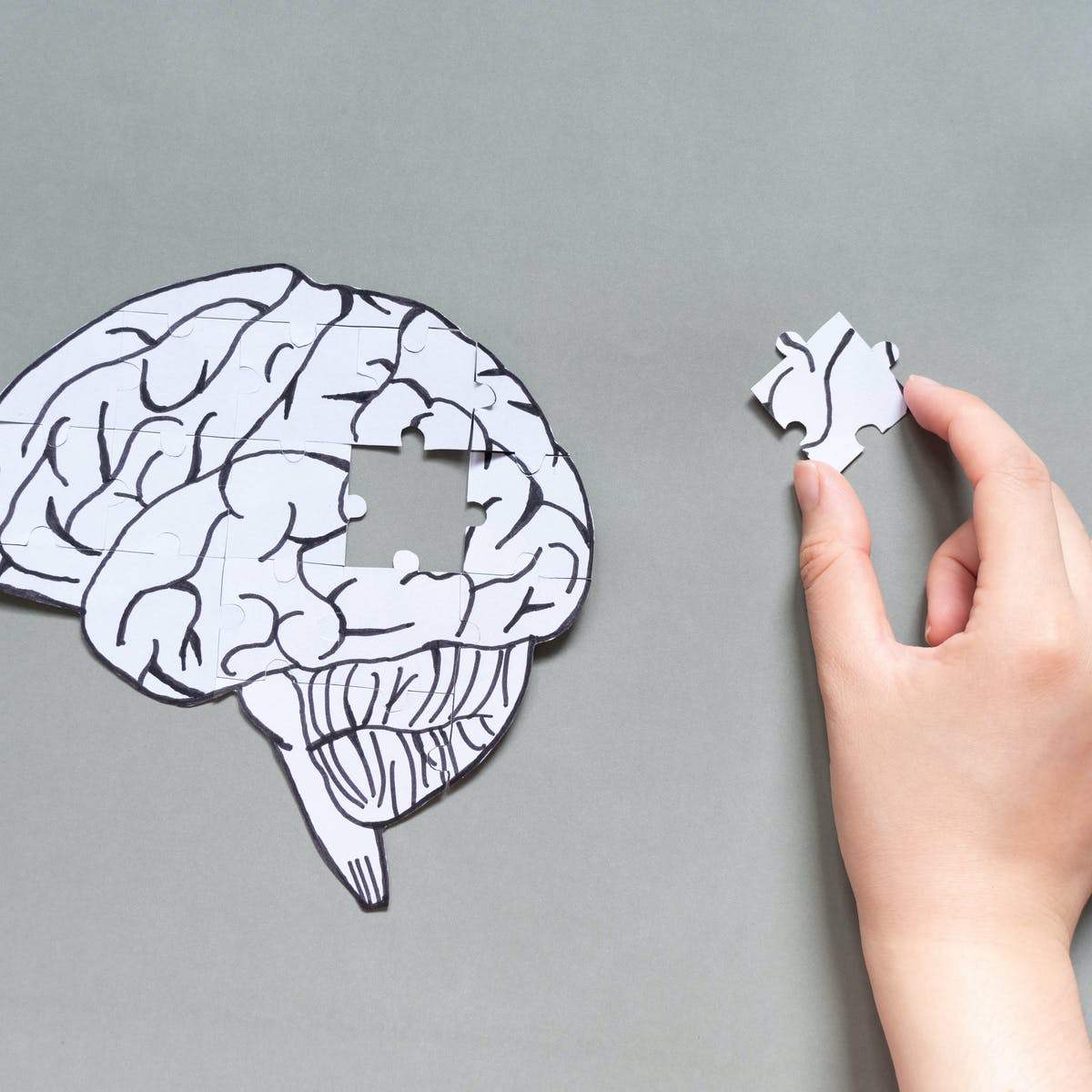There is no known cure for Alzheimer’s disease. However, early detection and brain scan Alzheimer’s treatment can improve the quality of life. There are several different types of brain scans for Alzheimer’s disease. This is why it is important for everyone to get regular brain scans. Especially those who are at risk for developing Alzheimer’s. In this blog post, we will discuss the benefits of early detection and brain scans in preventing Alzheimer’s disease.
Contents
What Is Alzheimer’s Disease?
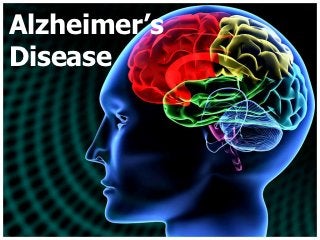 Alzheimer’s disease is described as a degenerative brain disease. That progressively worsens over time. It is the most common type of dementia. And, accounting for 60 to 80 percent of all cases. Symptoms typically begin in people aged 65 years and older. But early-onset Alzheimer’s can develop in people in their 40s or 50s.
Alzheimer’s disease is described as a degenerative brain disease. That progressively worsens over time. It is the most common type of dementia. And, accounting for 60 to 80 percent of all cases. Symptoms typically begin in people aged 65 years and older. But early-onset Alzheimer’s can develop in people in their 40s or 50s.
There are currently no effective treatments for reversing or stopping the progression of Alzheimer’s disease. However, there are treatments available that can help manage symptoms. And improve the quality of life for people with the condition and their caregivers. Early detection and brain scan Alzheimer’s disease is important because it allows for earlier intervention and treatment.
Alzheimer’s disease is now the sixth leading cause of death in the United States. It accounts for more than five percent of all deaths each year. This number is expected to grow as the population ages. But, the good thing to hear is that it can be diagnosed before someone dies.
Early Detection Signs
The warning signs of early detection are not always obvious. However, there are certain red flags that can indicate trouble ahead.
10 Early Warning Signs
- Memory loss – It affects short-term memory first. For example, you may forget where you put your keys or what time your doctor’s appointment is. It is related to poor judgment and decision-making.
- Disorientation – This includes getting lost in familiar places. You may not be able to follow a conversation or remember the names of people you know well.
- Apathy – A lack of motivation or interest in hobbies and activities that you used to enjoy.
- Changes in sleep patterns – Difficulty falling asleep or waking up earlier than usual.
- Changes in personality – Increased suspicion, paranoia, or delusions are common early signs of brain scan Alzheimer’s disease.
- Confusion – You may get lost in familiar places. Or, you may have trouble following a conversation or remembering the names of people you know.
- Loss of smell – This can be an early sign of Alzheimer’s disease. A decline in the ability to smell happens because the part of the brain that controls smell (the olfactory bulb) is one of the first areas affected by Alzheimer’s.
- Changes in mood – You may become more withdrawn, depressed, anxious, or irritable. Or, you may act out of character. For example, you may become aggressive or make impulsive decisions.
- Vision problems – Trouble seeing things close up. Or you may start to see double. It is very common in the old age group.
- Difficulty with words – You may find it hard to come up with the right word, or you may mix up your words. It is also common to have a shorter attention span.
If you are experiencing any of these symptoms. It is important to see a doctor. Early detection is key in managing the disease and preventing further damage.
Why Early Detection Can Be difficult?
 People may avoid symptoms in the early stages.
People may avoid symptoms in the early stages.- Sometimes these signs get confused with other aging signs.
- Changes in the brain may be very subtle at first.
- A brain scan is not always accurate. And is expensive.
- Symptoms get emerge so often that the affected person couldn’t recognize.
Recognizing early signs is crucial for getting treatment and support. Also, early detection can help the individual to plan better. If you and anyone in your known are facing the early symptoms. Then, you must contact professional help.
Diagnosis Of Brain Scan Alzheimer’s Disease
Diagnosing the disease is tricky. As there are no specific medical tests for it. Doctors must rule out other possible causes of dementia symptoms before making a diagnosis of Alzheimer’s. They will also consider how the person’s symptoms are affecting their daily life.
There is currently no cure for Alzheimer’s disease. But early diagnosis and treatment can help people manage their symptoms for as long as possible.
Some people may be offered a brain scan to confirm the diagnosis.
Brain Scan Alzheimer’s
Brain scan Alzheimer’s is not something that can be taken lightly. This is a serious disease and it is important to catch it early. A brain scan can help with this.
A brain scan can show changes in the brain. That is associated with Alzheimer’s disease. These changes can help doctors diagnose Alzheimer’s disease early. There are various ways to get a brain scan.
Ways Of Brain Scan Alzheimer’s:
- MRI –In this, the person will have to lie in a machine that will take pictures of the brain. MRI is very useful in a way that it can detect early changes in the brain.
- CT Scan – This is a type of x-ray that will take pictures of the brain. It is not as detailed as an MRI, but it can still show some changes in the brain.
- PET Scan – In this scan, a person will have to drink or eat something that has a radioactive substance in it. This substance will help doctors see how active different parts of the brain are.
- EEG – In this test, small electrodes will be placed on the head. These electrodes will record electrical activity in the brain. This test can help doctors see if there are any problems with the way the brain is working.
Furthermore, research is still ongoing to develop new and improved ways to detect Alzheimer’s disease. Early detection is key to treatment and living a normal life for as long as possible after diagnosis.
Benefits Of Early Detection And Brain Scan Alzheimer’s
Benefits are numerous for both the individual and society. When it comes to early detection of Alzheimer’s disease.
The benefits to society of early detection and brain scan Alzheimer’s are:
- The individual can take measures to delay the onset of Alzheimer’s.
- The family can be prepared for the changes that will come.
- There will be greater opportunities for treatment and therapies.
- It can improve quality of life and possibly extend life expectancy.
- Early detection can also help with making legal and financial decisions.
- It allows for better planning by caregivers and loved ones.
- There may be less stigma attached to the diagnosis if it is made early on.
- There will be less demand for long-term care facilities.
- It can reduce the number of people who have to live in nursing homes.
- Caregivers will have less stress.
- There could be a reduction in costs to taxpayers.
- People with early-onset Alzheimer’s can continue working longer.
- They can provide economic stability to their families and contribute their skills and knowledge to society.
A brain scan can be an important part of this process. Talk to your doctor about whether or not you should get a brain scan. If you are worried about Alzheimer’s disease. Early detection is key!
Limitations Of Alzheimer’s
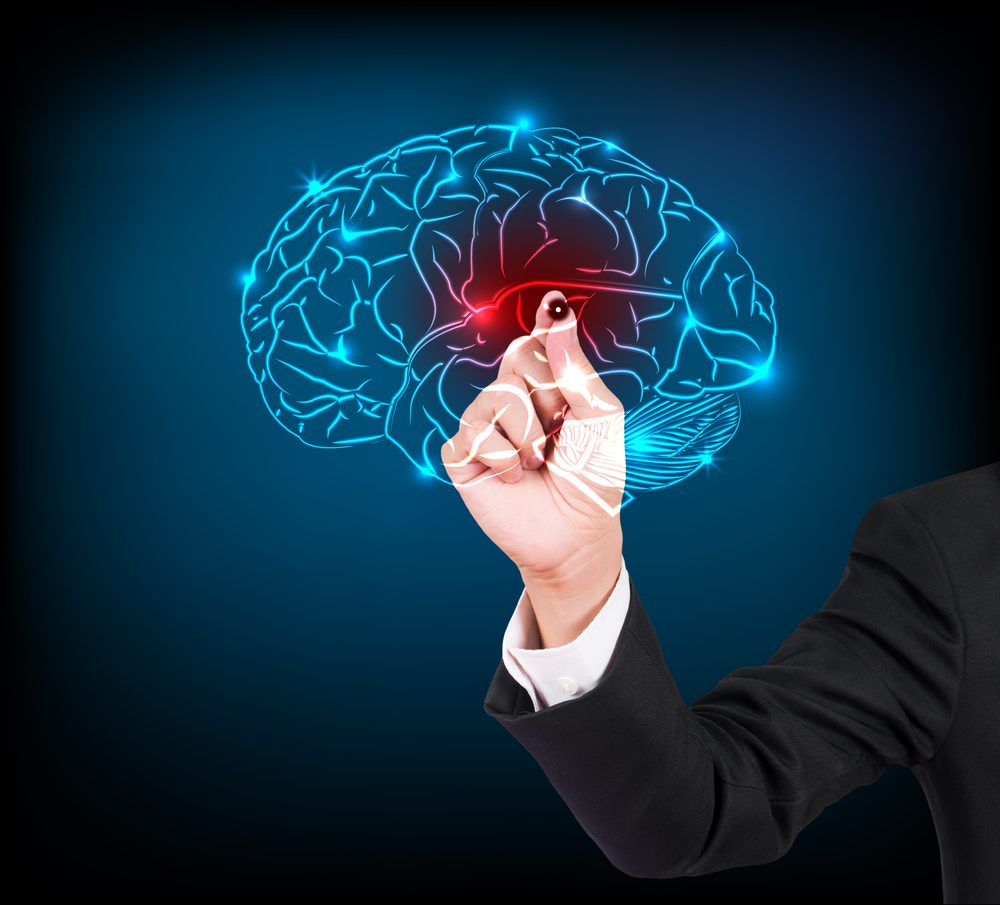 Finding the causes of the disease is not as easy as it looks. In fact, there are many potential limitations of Alzheimer’s disease. And scientists have not yet identified a single cause for the majority of cases.
Finding the causes of the disease is not as easy as it looks. In fact, there are many potential limitations of Alzheimer’s disease. And scientists have not yet identified a single cause for the majority of cases.
But there are some limitation that are believed as causes, such as:
- Aging – It is defined as the process of getting older. The majority of people with the disease are 65 or older. But, some forms of early-onset Alzheimer’s can occur in much younger people
- Genetics – A small number of cases are caused by changes in specific genes. That are passed down from parents to children. These inherited changes increase a person’s risk of developing the disease
- Environment and lifestyle – Some lifestyle choices that may play a role include smoking, diet, physical activity, and education level.
- Down syndrome – People with Down syndrome have an increased risk of developing Alzheimer’s. This is because they have an extra copy of chromosome 21, which contains the APP gene.
- Head injuries – A head injury that disrupts the normal function of the brain can trigger changes that may lead to Alzheimer’s disease. Researchers are still trying to determine how exactly this happens.
There is no single cause for Alzheimer’s disease. Rather, it is believed to result from a combination of genetic, lifestyle, and environmental factors.
Some researchers believe that the buildup of protein plaques. And tangles in the brain quite be responsible for disrupting communication between neurons. Consequently, that directly contributes to cell death.
Treatment Of Alzheimer’s Disease
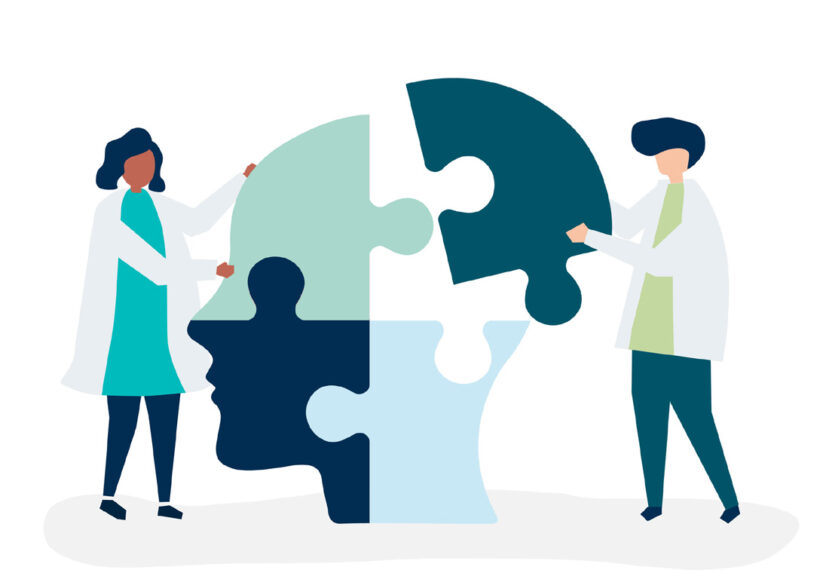
Treatment for the disease has been a challenge for researchers and scientists. However, there are some treatment ways. That is identified by them.
1. Drug Therapy (Medication)
In this therapy, the doctors try to manage the patient’s symptoms by using drugs. There are three types of drugs that are approved by the FDA for Alzheimer’s disease. These drugs help to improve cognition and memory function.
The first type of drug is cholinesterase inhibitors. This type of drug works by slowing down the breakdown of acetylcholine in the brain. Acetylcholine is a chemical that helps with communication between nerve cells in the brain.
The second type of drug is memantine (Namenda). Memantine works by blocking the action of glutamate. Glutamate is a chemical that can damage nerve cells in the brain.
The third type of drug is called rivastigmine (Exelon). Rivastigmine helps to increase the amount of acetylcholine in the brain by slowing down its breakdown.
2. Behavioral Therapies
The aim of these therapies is to help the patients with their daily activities. And also to improve their mood and behavior. The first type of therapy is called cognitive training. This type of therapy helps to improve the patient’s thinking skills. The second type of therapy is called behavioral management. This type of therapy helps to improve the patient’s behavior.
The third type of therapy is called psychoeducation. This type of therapy helps the patient and his or her family to understand the disease and its symptoms.
3. Counseling
In counseling therapy, the therapist helps the patient to deal with emotional problems. The therapist can help the patient to find ways to cope with the changes in his or her life.
The therapist may also help the family members of the patient to deal with their feelings about the disease. Because, a disease not only affects an individual. But, the whole family.
4. Surgery
Surgery is not a common treatment for Alzheimer’s disease. But, in some cases, it may be an option. The most common type of surgery is called deep brain stimulation (DBS). DBS is a procedure in which electrical pulses are sent to the areas of the brain that are affected by Alzheimer’s disease.
The aim of this surgery is to improve the patient’s symptoms. However, this surgery is not a cure for Alzheimer’s disease.
Alzheimer’s disease is a progressive disease. This means that it gets worse over time. There is no cure for Alzheimer’s disease at this time. However, there are treatments that can help to improve the patient’s symptoms and quality of life.
Conclusion
Brain scan technology is not perfect. Thus, it is the best tool we have for early detection of Alzheimer’s disease. If you are concerned about your risk for Alzheimer’s. Talk to your doctor about whether a brain scan Alzheimer’s makes sense for you.
On one side, there is no cure for Alzheimer’s disease. Early detection can make a big difference in how the disease progresses. If you are diagnosed with Alzheimer’s, there are treatments available that can help slow the progression of the disease and improve your quality of life.
A Word From Therapy Mantra
Your mental health — Your psychological, emotional, and social well-being — has an impact on every aspect of your life. Positive mental health essentially allows you to effectively deal with life’s everyday challenges.
At TherapyMantra, we have a team of therapists who provide affordable online therapy to assist you with issues such as depression, anxiety, stress, workplace Issues, addiction, relationship, OCD, LGBTQ, and PTSD. You can book a free therapy or download our free Android or iOS app.
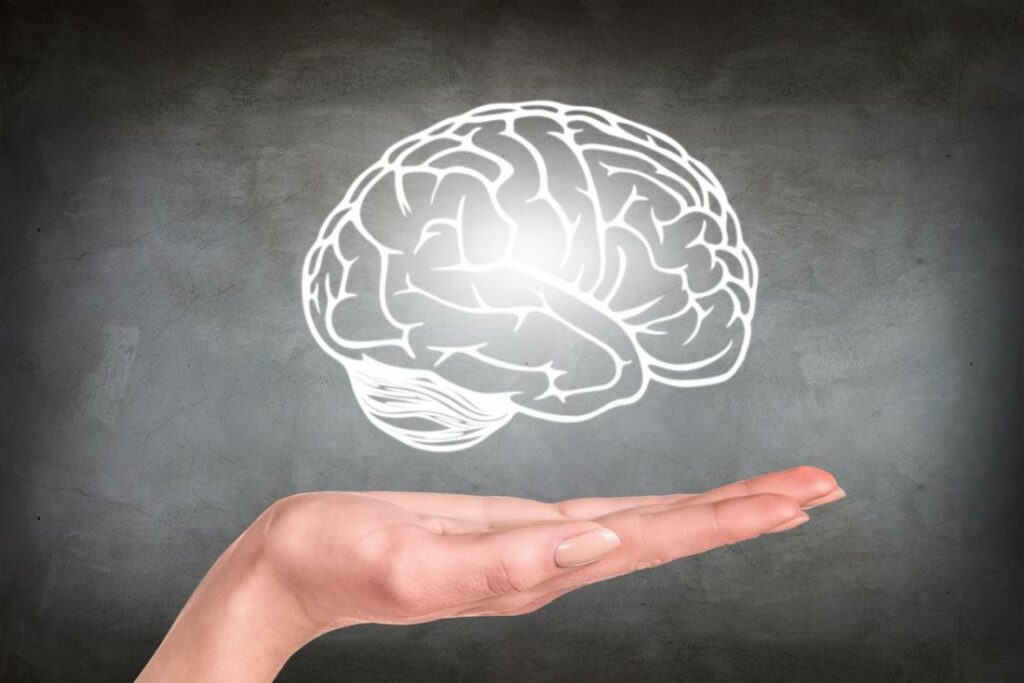
 People may avoid symptoms in the early stages.
People may avoid symptoms in the early stages.